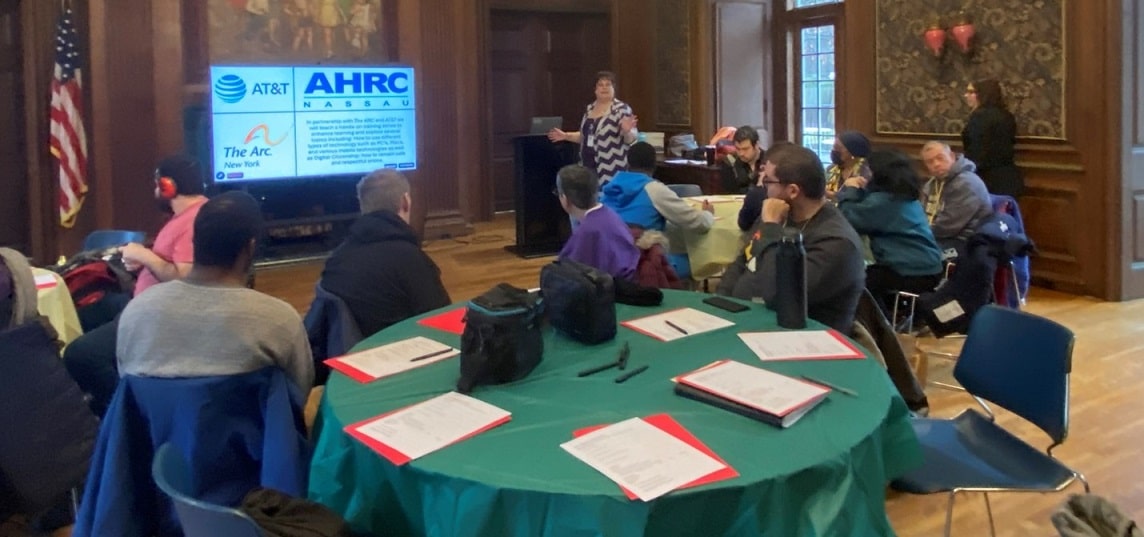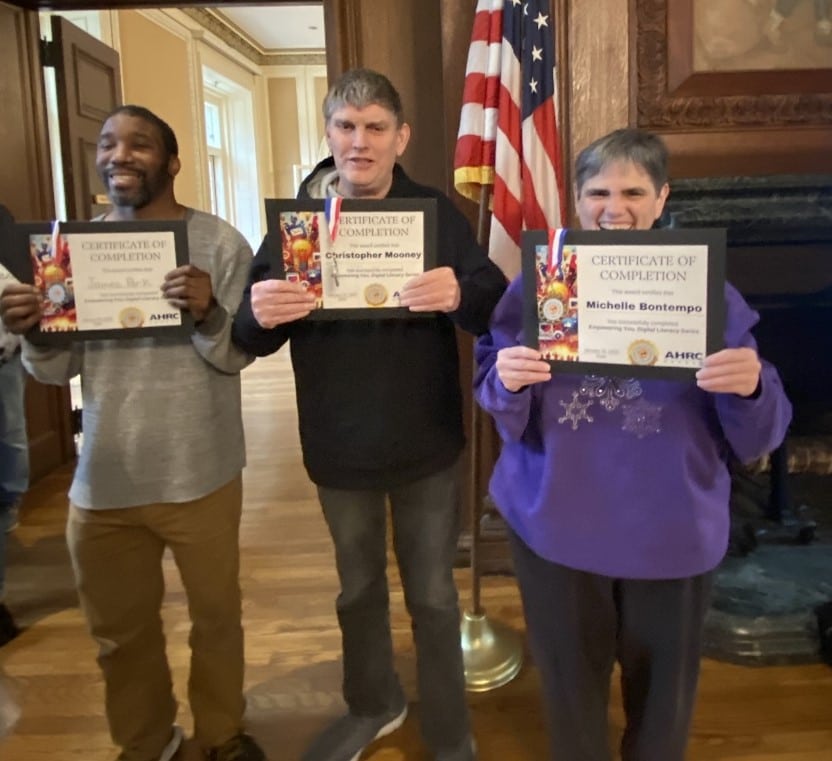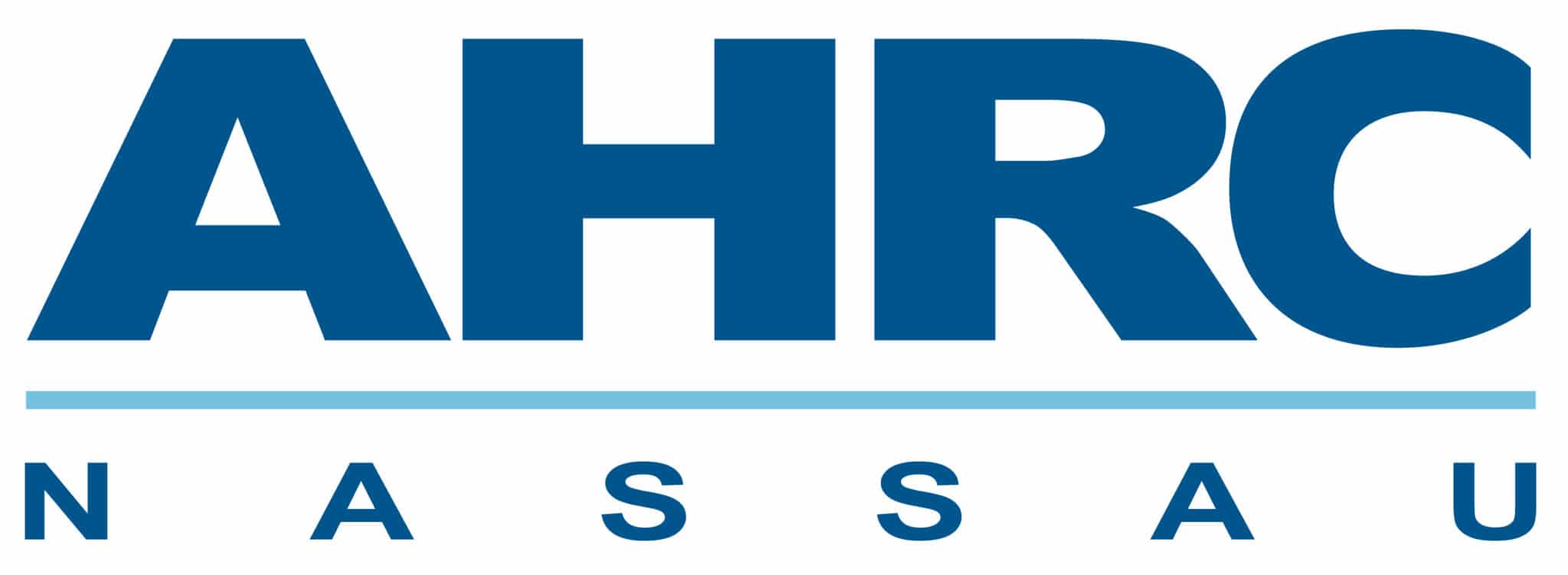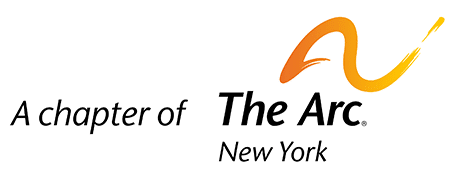 Disability service agencies have the unique opportunity to benefit people lives through supports and services while also tackling additional challenges they face in daily life. This was the case on January 31, when Personal Outcome Measures (POM) Department Coordinator Susan Gil Orange along with CQL (Council on Quality and Leadership) Certified POM Interviewers, Kate Zimmerman and Samantha Rodonis facilitated the first in a series of digital literacy workshops for people supported.
Disability service agencies have the unique opportunity to benefit people lives through supports and services while also tackling additional challenges they face in daily life. This was the case on January 31, when Personal Outcome Measures (POM) Department Coordinator Susan Gil Orange along with CQL (Council on Quality and Leadership) Certified POM Interviewers, Kate Zimmerman and Samantha Rodonis facilitated the first in a series of digital literacy workshops for people supported.
That Friday, 35 people receiving Day Services, along with their support staff, travelled from Freeport sites six, seven, and one, as well as Mott Street, Seaford, and Jericho North Broadway to Brookville to take part in the training.
“We learned that there’s two types of phones,” said Activities Specialist Sue Limiti. “There’s Android and iPhone. Not only did the people we support learn how to use their phones, but I learned something too.” Sue, who regularly uses an Android phone, learned to add a passcode to her device for security and remove unwanted apps as she assisted people throughout the workshop.
The presentation, led by Kate, was orchestrated to be all-encompassing. It touched on the basics from how to turn the phone on and off to adjusting the accessibility settings that are useful to people in need of vision and auditory supports.

“Digital activity has become essential for most people in society to engage in their daily lives,” Grant and Enrollment Coordinator MJ Zayas said. “This unique opportunity will assist in paving the way for people supported to achieve independence and advance onto new experiences such as getting a job, housing, and pursuing education.”
This initiative is part of a $20,000 Digital Literacy Grant from The Arc of the United States, The Arc of San Francisco, and telecom giant AT&T. The grant supports AT&T’s decade-long commitment to bridge the digital divide by providing access and resources to people who at risk of being left behind in today’s hyper-connected world.
The grant was announced in July 2024 and launched for AHRC community members in January. This provided the team with the opportunity to develop a robust training series featuring in-person workshops and online presentations to educate and advance digital literacy and accessibility. Offering both in-person and virtual options guarantees the highest engagement and supports the grant goal of training 250 people in 2025. Upcoming workshops are scheduled for April and July covering digital citizenship and online safety, respectively.

